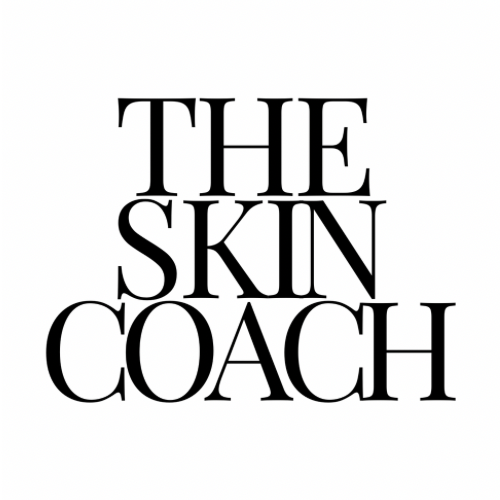Pores are small openings in your skin that release sweat and sebum (oil/grease). Although your skin is covered with pores, the ones connected to the hair follicles are usually blocked more often. The hair follicles are connected to your oil producing sebaceous glands. These pores are more concentrated on your face, across your back and chest
Sebum is part of your skin's natural moisturizing system, and it keeps your skin soft and supple. In fact, a healthy amount of natural oils on your skin can reduce the risk of visible signs of aging like fine lines and wrinkles.
If you have oily skin, your oil production can spiral out of control. It is called overproduction . Your glands can produce too much, which then collects on the skin's surface and can clog your pores. Although those with dry skin can get clogged pores too, it is more common for people with oily skin to develop it.
When the pores become blocked, it can lead to acne , pimples. There are a few different types. If the blockage occurs below the surface of your skin, it will look red and irritated. When the bacteria P. Acnes gets there through your pores, it causes the typical " whiteheads ". A pimple without an opening. Blackheads are pimples where the blockage occurs in the pore opening, exposing the sebum and bacteria to oxygen. Once exposed, the plug turns dark and appears as a black dot.
What causes clogged pores?
Having oily skin can increase the risk of clogged pores because you are more likely to have unbalanced sebum production. The more excess oil you have on the skin's surface, the more likely blockages will build up in your pores. Age can also be a factor. If you're a teenager or young adult, hormones can cause your skin to produce too much sebum. Most of the time, your skin will regulate itself with age and you will have less problems with this.
Choice of skin care products and make-up is also important. It is important to clean the skin from sebum, dirt, sunscreen, dead skin cells and makeup that builds up during the day. Read more about basic cleansing and exfoliation. Skin care products can clog your pores if they don't suit your skin type . Products not designed for your skin can irritate it, and irritated skin is more likely to develop breakouts and inflammation. Consult an expert to find out what suits you if you are unsure. We are happy to help you, contact us here .
Overactive sebum production can also cause large pores. Since large pores are prone to clogging, the best way to solve the problem is to balance the skin's sebum production. There are great skin care products to help with that.
How do I get rid of my clogged pores?
Pore clamping by an expert
A first step to cleaning clogged pores is to squeeze out the dirt that is blocking them. Despite the temptation to do it yourself at home, you should leave this to a professional. A dermatologist or skin therapist will use a sterile metal tool and apply even pressure around the entire pore, resulting in an even extraction that leaves the pore intact. After the extraction, an antiseptic, soothing agent is usually applied to clean the pore, reduce redness, restore its natural pH and prevent future breakouts. Although it may seem simple, trying to squeeze pores yourself can do more harm than good. Not only can you cause physical damage to your pore, but you can also push the inflammation deeper into the skin. This can cause more redness and irritation, infection and even scarring.
Exfoliate
Since a build-up of dead skin cells can contribute to a blockage, removing these periodically can help clear up your pores. There are different types of exfoliation. You can read more about it here. Some effective ingredients to remember include alpha hydroxy acids (AHAs) such as lactic acid, glycolic acid and beta hydroxy acids (BHAs) such as salicylic acid . Chemical exfoliators use gentle ingredients to dissolve dead skin cells and unclog your pores. AHA helps remove dead skin cells on the surface, while BHA helps dissolve oil inside the pores, for smoother, clearer skin.

Maintenance
Once your pores are clean, you want to keep them clean to avoid future clogged pores. The first thing you should do is evaluate your skin care routine . Try swapping your daily cream for a non-comedogenic (non-pore-clogging) moisturizer , and invest in an oil-free SPF. You can also invest in a cleansing face mask or an exfoliating toner to keep your pores clean. Keep bacteria, grease and dirt away from your skin by avoiding touching and picking at your face. Often this happens without you thinking about it, e.g. when you have a call at work or sit focused in front of your computer/exciting Netflix series.


